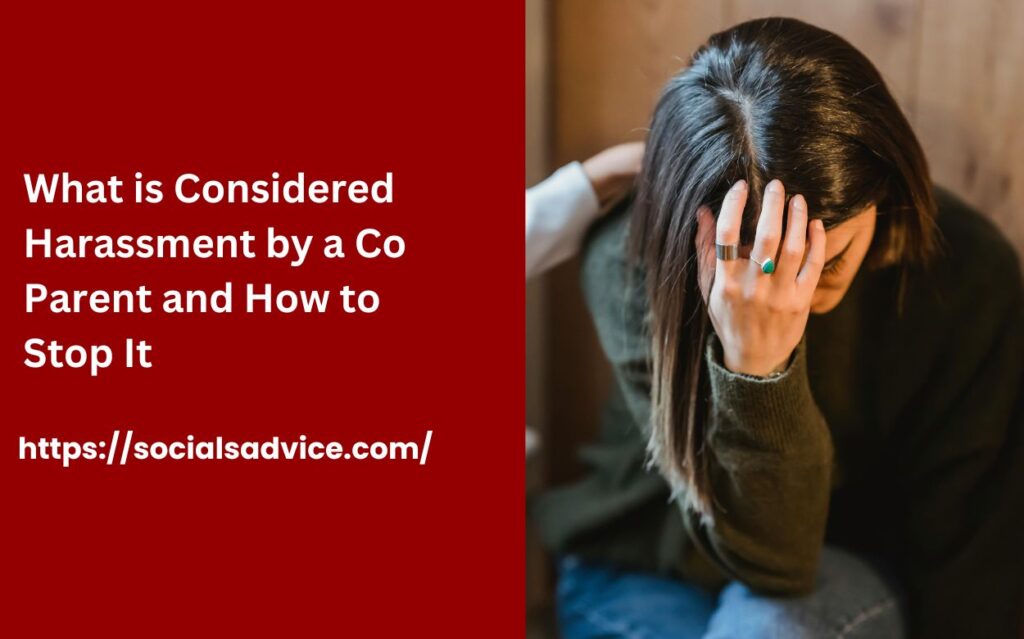
Legal action for dealing with contempt of court is disobeying a court order such as disrupting court proceedings, interfering with or destroying evidence. A contempt of court order can address behavior both inside and outside the courtroom.
It also includes public demonstrations of contempt of court. If you interfere with a fair decision, you are most likely to risk yourself in contempt of court.
Types of Contempt of Court
Contempt of court has been classified into two main categories:
Direct contempt
Direct contempt of court occurs when a person intentionally engages in conduct that obstructs the proceedings of the court. Contempt is easier to prove directly in court because the action is before a judge who can act quickly. For example,
- Refusal to comply with court orders
- Physical assault
- Disruptive behavior
Indirect contempt
Indirect contempt does not occur in the presence of the court and involves conduct which obstructs the administration of justice. Unlike direct contempt, indirect contempt is difficult to prove because it requires showing a clear connection between the court’s authority and the act done.
For example:
- Violation of court orders outside the courtroom
- Publishing false information regarding the case
- Intimidation witness
How to Submit a Contempt Petition
Contempt of court is a serious crime that challenges the authority and impartiality of the judicial system. By understanding the legal process for dealing with a contempt of court, which is very important to maintain the integrity of the court and ensure the delivery of justice.
Identify the act
You need to identify the offending act that constitutes contempt of court, in which usually involves disruptive behavior during a court hearing, spreading false information, or disobeying a fair order.
Seek guidance from the relevant authorities.
If you seek someone which is trying to attempt contempt of court, consult with the relevant party as they can guide you whether the act is contempt of court and the appropriate course of action.
File a complaint.
Firstly, You need to file a motion or complaint to initiate proceedings and all the document should be mentioned in the specific details about the offending action, such as the time and place. This must includes any relevant evidence that supports the allegation, such as photographs, witness statements and other things of these kinds.
Legal Procedure for Addressing Contempt of Court
Begin legal action for contempt of court.
The first step in the legal process is to deal with contempt of court is to initiate the process by the judge, the litigant, and a judicial officer who has observed the process.
Specific details about the alleged defamatory act, in which include the time, date, place and context, that must be provided by the person filing for contempt.
Contempt Notification
After that, the judge issues a notice of contempt to the accused after the indictment and informs the person of the alleged act and the possible consequences if found guilty. The notice is very important, which also comes with an opportunity to respond to the allegations and present your side of the story.
Contempt Court Session
A hearing will be scheduled after the notice is issued, which is used to determine whether the accused is guilty or not. Both parties who file a contempt present their evidence to support their case, and the judge examines thoroughly the documents and evaluates the credibility of the evidence presented.
Consequences and Verdict
If the judge finds the accused guilty of contempt of a court, he will impose appropriate sanctions which may include imprisonment, fines and other punishments that depending on the gravity of the offense. Other kind of punishments includes community service, the issuance of a pardon, and corrective measures.
Ramifications of Contempt of Court
Outcomes of Direct Contempt
In the case of direct contempt, the consequences are immediate as the act was committed before a court and the punishment includes a short term of imprisonment or a heavy fine.
Consequences of indirect contempt
Consequences for indirect contempt are more severe and include heavy fines, extended imprisonment and other penalties.
Conclusion
Contempt of court is a serious offense of issue because it threatens the integrity of a legal system on which does not compromise. It is very important to understand the legal process for dealing with contempt of court is crucial to ensure the protection of both parties’ rights. The legal system must maintain discipline and uphold the dignity of the court.
It is important for those which are involved in such legal proceedings to consider the potential consequences of contempt of court.


